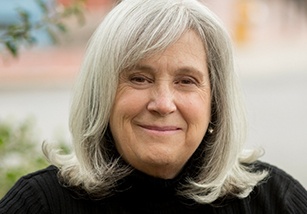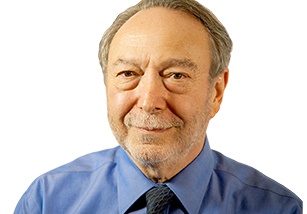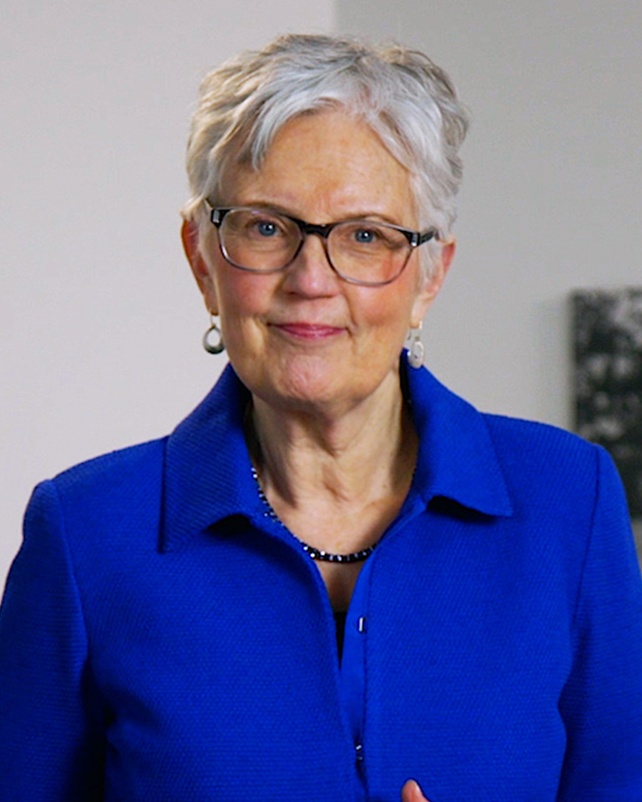Mastering the Treatment of Trauma
Advanced Approaches to the Underlying Causes and Conditions That Block Healing
Get all 4 modules, plus transcripts, application sessions, and bonus content.
If you’re a practitioner who strives to stay on the leading edge of trauma-informed treatment, it might seem like you’re hearing about a new training every day.
With so many trainings to choose from, what makes this program one that you should invest your time in?
In this program, we’re going to dig into critical issues in trauma therapy that other trainings don’t address in much depth (if at all).
We’ll get into how to work with the steep cost of the unlived life – a price many patients pay after they’ve experienced, and even begun to heal from trauma.
We’ve also gained new insight into how childhood neglect impacts executive function later in life (and what that means for treatment).
What researchers have found can reshape how we conceptualize cases and how we target our interventions
We’re also understanding more about the nature – and the anguish – of moral injury, and how treating it can differ from treating PTSD in crucial ways.
The latest clinical research and evidence-backed strategies can help you achieve better outcomes, more quickly in the treatment of trauma.
We’re calling all practitioners, all over the world, to join us as we dive deep into high-impact treatment strategies that can transform your approach with patients who have experienced trauma.
Mastering the Treatment of Trauma

The Steep Cost of an Unlived Life: How to Help Patients Who Struggle to Feel Alive After Trauma
Bessel van der Kolk, MD Judith Herman, MD Janina Fisher, PhD
Pat Ogden, PhD Usha Tummala-Narra, PhD Eboni Webb, PsyD
Ruth Lanius, MD, PhD Kathy Steele, MN, CS Ellyn Bader, PhD
- Understanding What It Is About Trauma That Robs Patients of the Ability to Feel Fully Alive
- A Critical Look Into What Might Cause a Patient to Stay in a Persistent Disconnected State
- Key Neurobiology That Helps to Explain Why Some Patients Engage in Risky Behavior After Trauma
- One Crucial Shift in Focus That Can Help Patients Stuck in Chronic Shutdown
- What Neurobiology Tells Us About Why Many Patients Who Experience Trauma Lose Their Sense of Aliveness
How to Identify and Treat the Invisible Wounds of Neglect
Bessel van der Kolk, MD Janina Fisher, PhD
Karlen Lyons-Ruth, PhD Pat Ogden, PhD Ruth Lanius, MD, PhD
Margaret Sheridan, PhD Eboni Webb, PsyD
Usha Tummala-Narra, PhD Martin Teicher, MD, PhD
- Breaking Down the Neurobiology of Neglect – and What It Can Tell Us About How to Approach Treatment
- Specific Questions to Help You Assess for Neglect (When Your Patient Doesn’t Readily Report It)
- Key Signs That Might Indicate Your Patient Has Experienced Neglect
- The Latest Findings on the Impact of Childhood Neglect on Executive Function Later in Life
- Why Certain Interventions Might Be Contraindicated for Some Patients Who Have Experienced Neglect


Treating the Scars of Abandonment: How to Work with the Enduring Impact
Bessel van der Kolk, MD Janina Fisher, PhD
Karlen Lyons-Ruth, PhD Ruth Lanius, MD, PhD
Martin Teicher, MD, PhD Pat Ogden, PhD
Usha Tummala-Narra, PhD Eboni Webb, PsyD Martin Bohus, PhD
- What We Know About the Early Childhood Experiences That Can Leave Patients with Such a Deep-Seated Fear of Abandonment
- Why Abandonment Typically Leads to Hyperarousal
- Rethinking the Treatment of Borderline Personality Disorder
- A 3-Step Approach That Can Be Crucial in Helping Patients Work Through Abandonment Trauma
- Concrete Interventions You Can Use to Help Your Patient Process the Pain of Abandonment Trauma
“A Stain on the Soul”: Why Moral Injury Requires A Different Treatment Plan Than PTSD
Bessel van der Kolk, MD Judith Herman, MD Rachel Yehuda, PhD
Ruth Lanius, MD, PhD Matt Gray, PhD Wyatt Evans, PhD
Bill Nash, MD
- Differentiating Whether Your Patient Is Experiencing Moral Injury or PTSD (and the Implications for Treatment)
- Two Conventional Trauma Interventions That Are Contraindicated for Moral Injury (and How You Might Adapt Them for Greater Efficacy)
- One Powerful Method to Help Your Patient Regain Their Sense of Worthiness After Experiencing Moral Injury
- Specific Questions to Help You Discern Whether Moral Injury Might Be a Factor in Your Patient’s Experience of Trauma
- Strategies to Help Patients Process the Immense Shame and Painful Shifts in Identity That Stem from Moral Injury

Register for a Gold Package for $397
and get all the video and audio recordings (so you can watch or listen whenever you want), as well as the transcripts, learning tools and bonus sessions
12.75 CE/CME Credits or Clock Hours are available for purchase at checkout.
Click HERE to get information about CE/CME credits and clock hours as well as speaker disclosures
You Are Protected By
NICABM’s Money-Back Guarantee
We invite you to register for this training program without any risk. Unless you are completely satisfied, we will refund your money. Just let us know within 30 days from the date of registration. We are that confident that you will find this information to be more than you expected.
Here’s How It Works
In each module, the experts unpack the most important ideas, strategies, and applications for treating trauma.
When you register for a Gold Package, you get downloads of each module to watch at any time. Plus, you’ll get additional application sessions, bonus content, professional transcripts, and more. With a Gold Package, all the content is yours to keep forever.
We Brought Together the Top Experts in the Field for this Program

Bessel van der Kolk, MD
Neuroscientist and Professor of Psychiatry at Boston University Medical School. Author of The Body Keeps the Score: Brain, Mind, and Body in the Healing of Trauma.
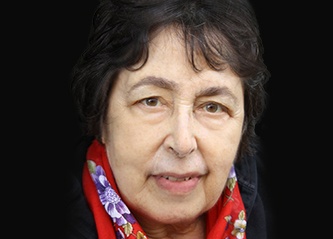
Judith Herman, MD
A leading expert on trauma on abuse; professor of clinical psychiatry at Harvard Medical School; director of training at the Victims of Violence Program at Cambridge Hospital; recipient of the 1996 Lifetime Achievement Award from the International Society for Traumatic Stress Studies.

Richard Schwartz, PhD
Founder of Internal Family Systems (IFS) and The Center for Self Leadership; Author of Introduction to Internal Family Systems.
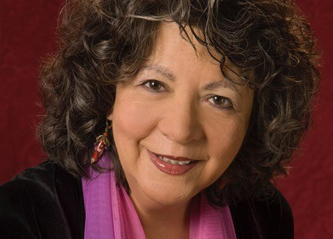
Janina Fisher, PhD
Licensed clinical psychologist and Instructor at the Trauma Center, an outpatient clinic and research center founded by Bessel van der Kolk, MD; past president of the New England Society for the Treatment of Trauma and Dissociation.
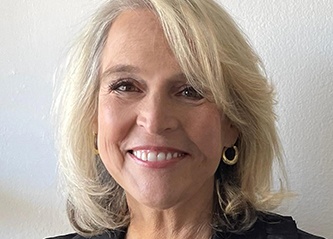
Rachel Yehuda, PhD
Director of Mental Health at the James J. Peters Veterans Affairs Medical Center; endowed professor of Psychiatry and Neuroscience of Trauma at Mount Sinai School of Medicine; recognized leader in the field of traumatic stress studies, PTSD, and intergenerational trauma.
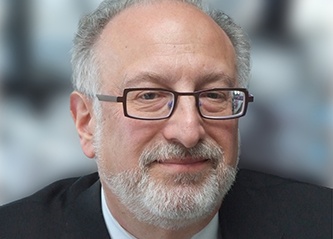
Martin Teicher, MD, PhD
Director of the Developmental Biopsychiatry Research Program at McLean Hospital; associate professor at Harvard Medical School; former chief of the Laboratory of Developmental Neuropharmacology; researcher on the enduring effects of childhood maltreatment.
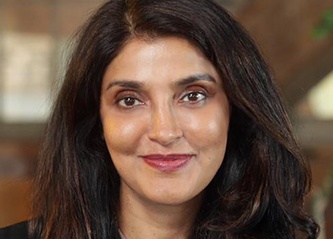
Gita Vaid, MD
Licensed psychiatrist and psychoanalyst; Cofounder and Medical Director for the Center of Natural Intelligence; Psychedelic Director of the Chopra Foundation and International Course Director for Mind Medicine, Australia.

Ruth Lanius, MD, PhD
Professor of Psychiatry and Director of the Post-traumatic Stress Disorder (PTSD) research unit at the University of Western Ontario. Coauthor of The Impact of Early Life Trauma on Health and Disease: The Hidden Epidemic, and Healing the Traumatized Self: Consciousness, Neuroscience, Treatment.

Karlen Lyons-Ruth, PhD
Professor of Psychology at Harvard Medical School; clinical supervisor for the Cambridge Health Alliance Psychology and Psychiatry training programs; researcher on the effects of early adversity on neurobiological structure and function in adulthood.

Pat Ogden, PhD
Pioneer in Somatic Psychology; Founder and Director of Sensorimotor Psychotherapy Institute (SPI); Co-founder of the Hakomi Institute; Author of Sensorimotor Psychotherapy: Interventions for Trauma and Attachment.
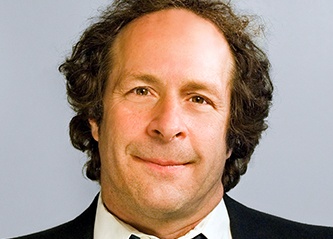
Rick Doblin, PhD
Founder of the Multidisciplinary Association for Psychedelic Studies (MAPS), an organization researching and advocating for the legalization of MDMA-assisted psychotherapy.
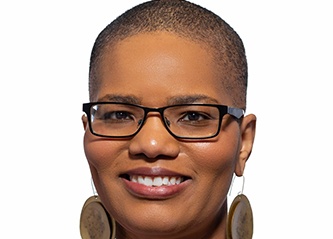
Eboni Webb, PsyD
Licensed psychologist; specializes in DBT for trauma-based disorders and co-occurring disorders; advisor to the DBT National Certification Accreditation Association.

Michael Mithoefer, MD
Licensed psychiatrist and Senior Medical Director for Medical Affairs, Training and Supervision at MAPS; instrumental part of developing protocols and researching the effects of MDMA-assisted psychotherapy for clients with PTSD.

Peter Addy, PhD
Licensed psychotherapist who specializes in psychedelic preparation, integration, and harm reduction; co-founded the Yale Psychedelic Science Group.

Usha Tummala-Narra, PhD
Professor of Counseling, Developmental, and Educational Psychology at Boston College; Author of Psychoanalytic Theory and Cultural Competence in Psychotherapy; Co-author of Applying Multiculturalism: An Ecological Approach to the Multicultural Guidelines.
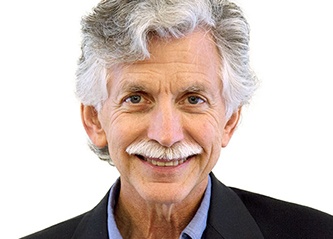
Ron Siegel, PsyD
Assistant Professor of Psychology, part time, Harvard Medical School; Author of The Mindfulness Solution: Everyday Practices for Everyday Problems and Sitting Together: Essential Skills for Mindfulness-Based Psychotherapy.
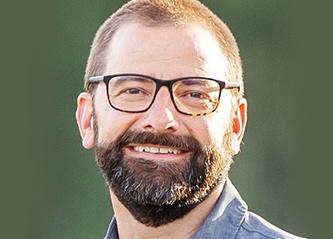
Matt Gray, PhD
Professor of psychology at the University of Wyoming; researcher on treatment development for emotional and psychological impacts of combat, as well as prevention and treatment of sexual violence and intimate partner violence.
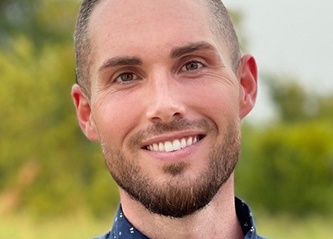
Wyatt Evans, PhD
Licensed psychologist and staff psychologist with the VA North Texas Health Care System; assistant professor at UT Southwestern Medical Center; specializes in the research and clinical treatment of PTSD and other forms of distress.
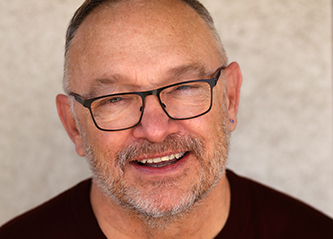
William Nash, MD
Director of Psychological Health for the U.S. Marine Corps.; coeditor, Combat Stress Injuries: Theory, Research, and Management; founding chair of the Military Committee of the Group for the Advancement of Psychiatry.
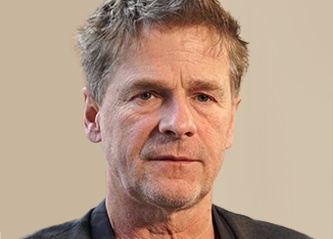
Martin Bohus, PhD
Chair of Psychosomatic Medicine and Psychopathy at Heidelberg University; Scientific Director of the Department of Psychiatric and Psychosomatic Psychotherapy at the Central Institute of Mental Health; internationally recognized leader in the study and treatment of PTSD and BPD.
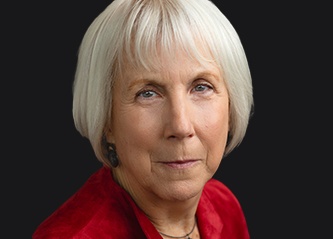
Janis Phelps, PhD
Licensed psychologist and professor at the California Institute of Integral Studies (CIIS); founder and director of the CIIS Center for Psychedelic Therapies and Research, which conducts the first academically accredited training program for psychedelic-assisted therapy and research.
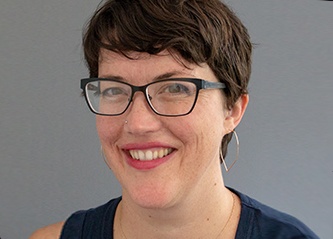
Margaret Sheridan, PhD
Director of the Child Imaging Research on Cognition and Life Experiences Lab (CIRCLE); assistant professor in the Clinical Psychology Program at the University of North Carolina; researcher on how early-life experiences impact neural development and risk of psychopathology.
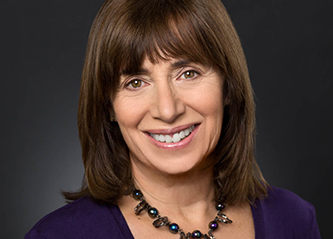
Ellyn Bader, PhD
Co-creator of The Developmental Model of Couples Therapy; Co-director of The Couples Institute.

Kathy Steele, MN, CS
Psychotherapist, consultant and trainer; expert on complex trauma, dissociation, attachment and therapeutic impasse; past president of the International Society for Traumatic Stress Studies; co-author of Treating Trauma-Related Dissociation: A Practical, Integrative Approach.

Course Director
Ruth Buczynski, PhD
Licensed Psychologist
President, NICABM

Co-Course Director
Megan Schmidt, PsyD
Licensed Psychologist
Staff Psychologist, NICABM
13 Bonuses You’ll Get with the Gold Package
The Clinical Implications of Psychedelic-Assisted Psychotherapy for the Treatment of Trauma: An In-Depth Look at the Promising Results and the Unanswered Questions
Bessel van der Kolk, MD Richard Schwartz, PhD
Michael Mithoefer, MD Rachel Yehuda, PhD Gita Vaid, MD
Peter Addy, PhD Rick Doblin, PhD Ron Siegel, PsyD
Janis Phelps, PhD Eboni Webb, PsyD
- Specific Signs That Psychedelic-Assisted Psychotherapy May Be Contraindicated for Your Patient.
- The Neurobiological Impact of MDMA – and Why It May Be So Helpful in the Treatment of Trauma
- How Ketamine Can Be Used in a Safe, Therapeutic Way
- Four Harm-Reduction Strategies for Patients Intent on Experimenting with Psychedelics (Whether Within or Outside of a Clinical Setting)
- How Some of the Findings from the Latest Research into Psychedelic-Assisted Psychotherapy Might Impact Trauma Treatment Strategies You’re Already Using

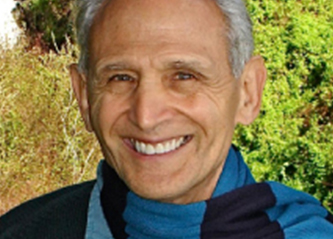
Helping Your Patient Reconnect to Vitality After Trauma – A Case Study
Peter Levine, PhD
- A Step-by-Step Look at Peter’s Approach to Instill a Sense of Aliveness After Trauma
- The Importance of Keying In On “Somatic Resonance” (and How It Might Impact Your Work)
- Breaking Down the Pivotal Choice Points That Helped to Shape the Treatment
Why Some Patients Might Be More Susceptible to the Lingering Impact of Childhood Trauma – the Latest Research
Martin Teicher, MD, PhD
- One Brain Adaptation That Can Impact a Patient’s Resiliency After Childhood Trauma
- Breaking Down the Key Research and How the Findings Might Impact Your Clinical Work
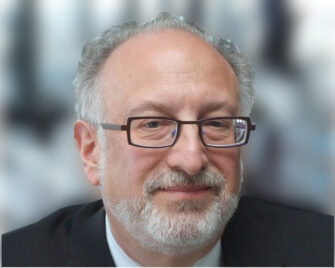

The Critical Link Between Abandonment, Role Confusion, and Borderline Personality Disorder
Karlen Lyons-Ruth, PhD
- Breaking Down Key Findings About the Impact of Role Confusion on Borderline Personality Disorder
- One Important Clinical Implication to Keep in Mind
Five ‘Processing Principles’ for Psychedelic-Assisted Psychotherapy
Peter Addy, PhD
- The Critical Steps That Can Help You Guide a Patient Intent on Experimenting with Psychedelic Substances
- A Peek into What Types of Therapy Might Pair Well with a Psychedelic Experience


An Internal Family Systems (IFS) Approach to Psychedelic-Assisted Psychotherapy
Richard Schwartz, PhD
- What Makes IFS so Well-Suited for Use with Psychedelic-Assisted Psychotherapy
- Trauma’s Impact on the Psyche Through an IFS Lens
- How Psychedelic-Assisted Psychotherapy Can Help Patients Navigate Their Different ‘Parts’
6 Core Competencies of a Psychedelic Practitioner
Janis Phelps, PhD
- The Three Levels of Trust Enhancement
- One Type of Curiosity That Can Be Critical in Psychedelic Work
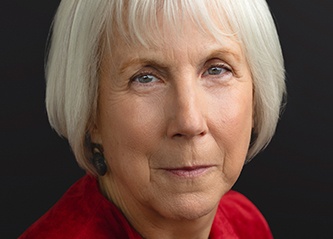

The Future of Psychedelic-Assisted Psychotherapy
Michael Mithoefer, MD Rachel Yehuda, PhD
Richard Schwartz, PhD Rick Doblin, PhD
- The Latest Research on Current and Future Scalability of MDMA-Assisted Psychotherapy
- How MDMA Might Help Patients Who Struggle with Intergenerational Trauma
- Integrating Ketamine Therapy with Internal Family Systems Therapy
How to Help Patients Experiencing Moral Injury Reconnect to Their Core Values
Wyatt Evans, PhD
- Three Factors That Make Acceptance & Commitment Therapy (ACT) Uniquely Effective in Treating Moral Injury
- What It Means to ‘De-Simplify’ a Patient’s Sense of Self (and One Exercise That Can Help)
- Addressing the Coping Strategies That Patients Often Develop to Manage Moral Injury
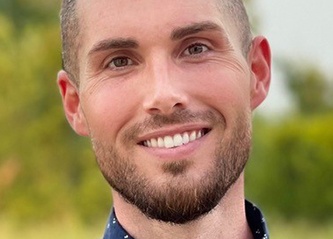
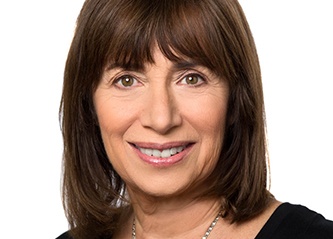
Working with Developmental Trauma in the Context of Relationships
Ellyn Bader, PhD
- A Two-Step Method to Help Partners in a Couple Begin to Shift Deeply Engrained Relational Patterns
- Helping Couples Get to a Place of Vulnerability (and What That Might Look Like)
Fostering Skills of Differentiation with Patients Healing from Trauma – Why It’s Critical and How You Might Approach It
Ellyn Bader, PhD
- Why Differentiation Is Particularly Difficult for Clients Who’ve Experienced Trauma
- One Common Mistake That Therapists Make in Trauma-Informed Couples Work
- A 2-Step Process for Building Skills of Differentiation


Deep Brain Reorienting (DBR) – What It Is, and How it Can Help Trauma Patients Reconnect to Feelings of Aliveness
Frank Corrigan, MD
- A Look at the Research Behind How and Why Deep Brain Reorienting Works
- Understanding Attachment Shock – What It Is and How to Address It
- Strategies to Help You Apply DBR with Moral Injury and Shame
Infographic: How Moral Mapping Can Help Patients Understand the Impact of Trauma
Bill Nash, MD
- An Exercise to Help You Work with Your Patient’s Experience of Moral Injury
- The Key Questions That Can Promote Reflection and Spark New Insights
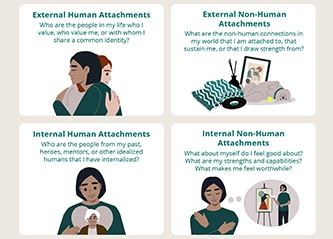
Get valuable techniques from leaders in the field without the expense and hassle of travel

. . . the content is clear, simple and the very latest insights from the most outstanding people in the field of trauma.
“These presentations are fascinating and easy to watch as the technical presentation is very good, and the content is clear, simple and the very latest insights from the most outstanding people in the field of trauma. You would need to read a lot of books to end up with as much good quality information as you get from watching this program.”
Liz Kirsopp, Psychotherapist
Northumberland, UK

I am more confident in handling my challenging client . . .
“After this program I feel that I am more confident in handling my challenging clients. I have gained some new tools to add to my toolbox. I cannot recommend this program enough.”
Katie Stark, MA, LPC, NCC
Waterford, Michigan, USA

. . . I feel more confident in helping my clients . . .
“Just when you think ‘I know what I’m doing,’ along comes a great session on new ideas/theories. Hooked me immediately. . . So pleased. I have a number of young clients who have been through extreme trauma situations and I feel more confident in helping them.”
Barbara Crosby, M.Ed in Counselling Psychology
Vancouver, BC, Canada
Register for a Gold Package for $397
and get all the video and audio recordings (so you can watch or listen whenever you want), as well as the transcripts, learning tools and bonus sessions
12.75 CE/CME Credits or Clock Hours are available for purchase at checkout.
Click HERE to get information about CE/CME credits and clock hours as well as speaker disclosures
You Are Protected By
NICABM’s Money-Back Guarantee
We invite you to register for this training program without any risk. Unless you are completely satisfied, we will refund your money. Just let us know within 30 days from the date of registration. We are that confident that you will find this information to be more than you expected.
This is NOT a Summit – here’s what we mean
We believe your time is precious.
So for this program, we’ve developed 4 tightly-planned modules on topics practitioners need to know. In each module, we take a topic that’s less talked about (but critical for healing the deepest wounds of trauma) and we do a deep dive on it:
- helping patients regain a sense of aliveness after trauma
- treating the invisible wounds of neglect
- working with moral injury
- treating the scars of abandonment
In each and every session, you’ll hear from several leading trauma experts on a specific topic – experts like Bessel van der Kolk, MD; Judith Herman, MD; Janina Fisher, PhD; Pat Ogden, PhD; Ruth Lanius, MD, PhD; Dick Schwartz, PhD; Karlen Lyons-Ruth, PhD; Rachel Yehuda, PhD; Rick Doblin, PhD.
Throughout this program, we’ve focused in on ideas that aren’t being talked about in much depth in other training programs.
And just to be clear, it’s not that new ideas are necessarily better than old ones, but…
We take it as our mission to bring you ideas you are less likely to already have in your toolkit.
We do this because we think it will help you be your best and get better outcomes, more quickly.
You’ll Get Practical Tools to Help You Take Action Immediately and Effectively
Synthesize Key Concepts So You Can Use Them Immediately
In the Critical Insights sessions, Ron Siegel, PsyD and Ruth Lanius, PhD join Ruth Buczynski, PhD to dig more deeply into the key ideas. Our job is to make yours easier by streamlining the information from each module and making sure each point is crystal clear. We’ll clarify critical concepts and break it all down so you can gain confidence in your understanding.
Discover Concrete Practices That Will Work in Your Life, and with Your Patients
In the Focus on Application sessions, Usha Tummala-Narra, PhD, Ron Siegel, PsyD and Megan Schmidt, PsyD give you specific practices and exercises you can use with your clients right away. For each module, you’ll get solid techniques and practical interventions that will help you apply what you’ve just heard.
Uncover Core Ideas and Techniques at-a-Glance So You Have a “Cheat Sheet” When You Need It Most
The QuickStart Guide will help you stay fresh and confident as you turn these teachings into action. We’ve gathered all the essential tools and methods from the series into a concise, easy-to-use guide so you can quickly review and apply these ideas when you need them most. It’s an at-a-glance reference to the most powerful concepts and strategies for working with patients who have experienced trauma.
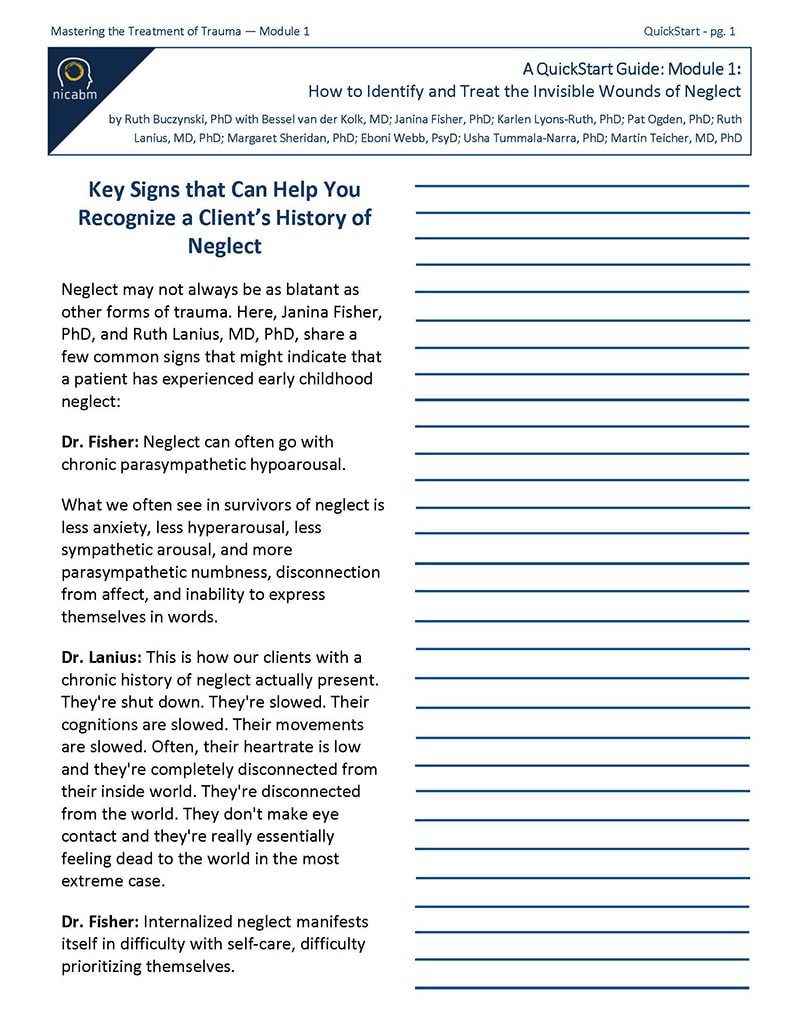
Quickly Recall Crucial Details So You Can Apply Them with Confidence
Our Professional Transcript will help you reinforce key ideas so you can integrate them into your life and work. We’ve designed your transcript with an easy-to-use table of contents, clear, organized formatting, and helpful highlight quotes so you’ll have the information and exercises you need at your fingertips.
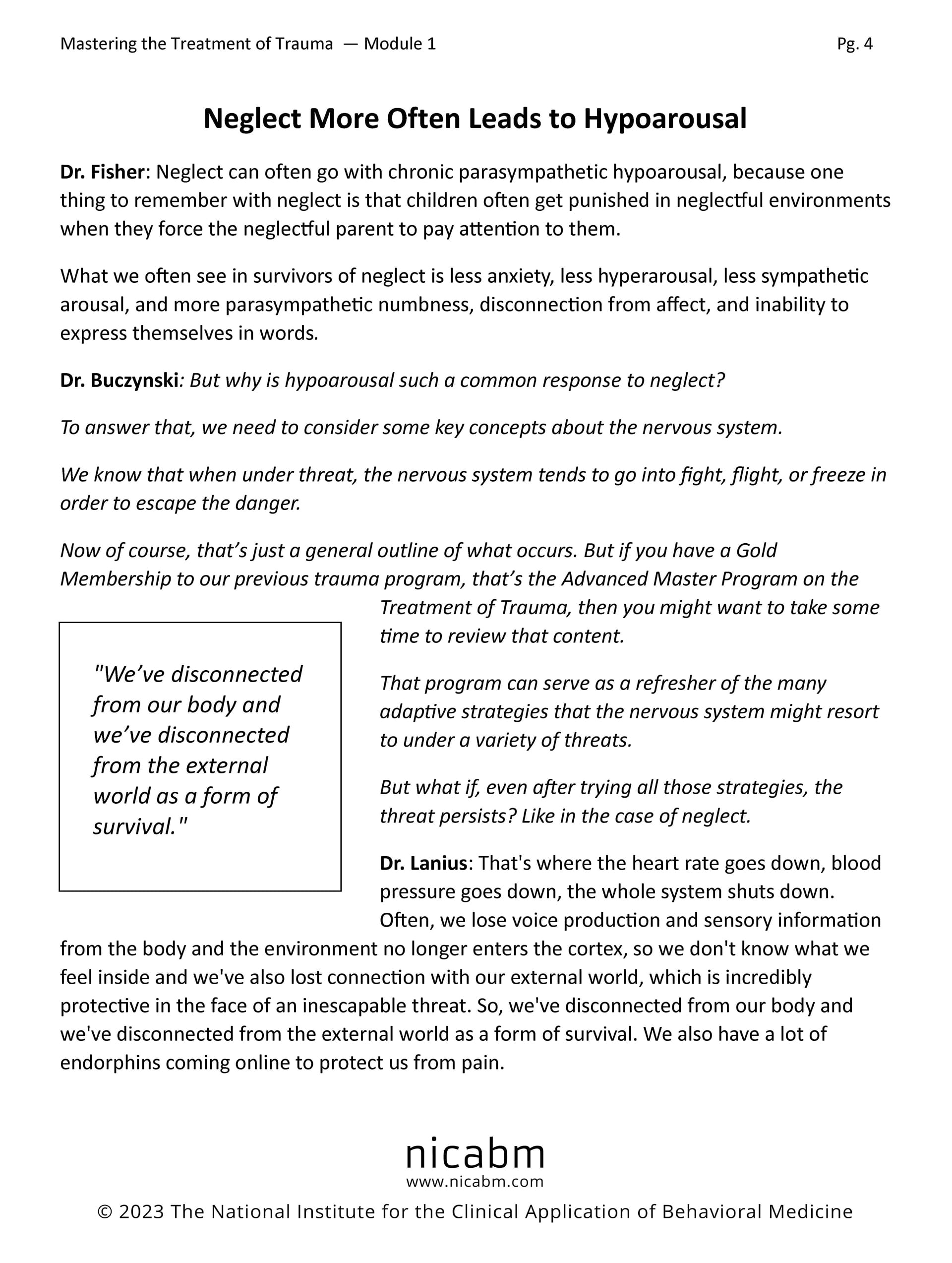
With these tools, you’ll be more prepared than ever to work with survivors of trauma. Get up-to-date, effective interventions in this master series.
With this Program You’ll Get:
|
|
Downloadable videos and audios to watch or listen to when it’s convenient for you |
|
|
Critical Insights sessions to distill key ideas (this is where we “land” the module) |
|
|
Focus on Application sessions to give you concrete strategies to use with patients |
|
|
Printable QuickStart Guides to make review and action simpler than ever |
|
|
Professionally-formatted transcripts of the sessions |
|
|
Exclusive bonus sessions with even more strategies for treating trauma |
Everything is yours to keep forever in your professional library.
When you purchase the program, you’ll get this complete package – all of the videos, audios, transcripts, and learning tools are yours to keep permanently in your professional library.
Your purchase of this program supports and furthers our mission to make innovative mind-body programs available to practitioners throughout the world.
Register for a Gold Package for $397
and get all the video and audio recordings (so you can watch or listen whenever you want), as well as the transcripts, learning tools and bonus sessions
12.75 CE/CME Credits or Clock Hours are available for purchase at checkout.
Click HERE to get information about CE/CME credits and clock hours as well as speaker disclosures
You Are Protected By
NICABM’s Money-Back Guarantee
We invite you to register for this training program without any risk. Unless you are completely satisfied, we will refund your money. Just let us know within 30 days from the date of registration. We are that confident that you will find this information to be more than you expected.
Here’s What Your Peers Have Said About Other NICABM Programs

. . . evidenced based course to get a "helicopter" overview on trauma treatment . . .
“These NICABM 5 modules on trauma management is an excellent value for money evidenced based course to get a “helicopter” overview on trauma treatment from the professional experts.”
Su Keng Gan, Clinical Counsellor/Psychotherapist
Singapore, Singapore
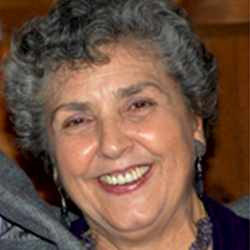
This program exceeded all my expectations . . .
“I am always open to learning, and this program exceeded all my expectations. Even though I am very familiar with many of the presenters, to see them in action is inspirational. As a seasoned Art Therapist and supervisor, I am always looking for innovative ways of looking at the clients and treating their issues. I already used the knowledge I gained with clients, and especially in supervision. Having purchased the Gold Package, it is like always having a personal supervisor at my beck and call.”
Hannah Sherebrin, Art Therapist
London, Ontario, Canada

. . . I've been able to help my clients find a measure of healing from both complex trauma and PTSD Type 1 . . .
“Thanks to the training I’ve received from NICABM, I’ve been able to help my clients find a measure of healing from both complex trauma and PTSD Type 1. Alongside talking therapy, I’ve been able to offer specific strategies that have helped clients self-regulate during our sessions as well as in between sessions. Perhaps the biggest thing that the NICABM courses have given me is hope: healing from trauma is possible.”
Christine Laennec, Psychodynamic Counselor
Glasgow, Scotland

We know what it takes for practitioners to succeed. We’ve had countless practitioners improve their skills and deliver results with their patients.
What separates successful practitioners from the rest? They:
Put effort into continually learning
Choose to build new skills and gain confidence
Choose the experts at the forefront to study
Tune in and update their skills on a regular basis
Get Quickly Onboard with the Latest, Most Effective Trauma Treatments
The Mastering the Treatment of Trauma program draws from among the world’s most effective practitioners. We get into top-level lessons in every module.
With our unique suite of learning tools, you’ll be equipped to implement the concepts, exercises, and applications immediately.
The modules are candid, comprehensive, and profoundly useful.
Why the Transcript Is Essential:
- The transcript makes it easy to go back and double check concepts, citations and names that are mentioned
- We put in a table of contents to make it easy for you to find the exact part of the webinar you need
- Having the concepts already written allows you to take notes on how you’re going to use the ideas rather than transcribing the ideas
- Some people simply learn better by reading than by listening or watching
- You will be able to print out and share techniques presented in the modules with your patients

“I really liked being able to follow along with the transcripts as I listened…it was nice not to feel like I had to take notes. I really feel like I remember more when I both hear and see at the same time.”
Mary Ellen McNaughton, Masters in Counseling, Psychology Counselor
Kelowna, British Colombia, Canada
You Are Protected By
NICABM’s Money-Back Guarantee
We invite you to register for this training program without any risk. Unless you are completely satisfied, we will refund your money. Just let us know within 30 days from the date of registration. We are that confident that you will find this information to be more than you expected.
Register for a Gold Package for $397
and get all the video and audio recordings (so you can watch or listen whenever you want), as well as the transcripts, learning tools and bonus sessions
12.75 CE/CME Credits or Clock Hours are available for purchase at checkout.
Click HERE to get information about CE/CME credits and clock hours as well as speaker disclosures


